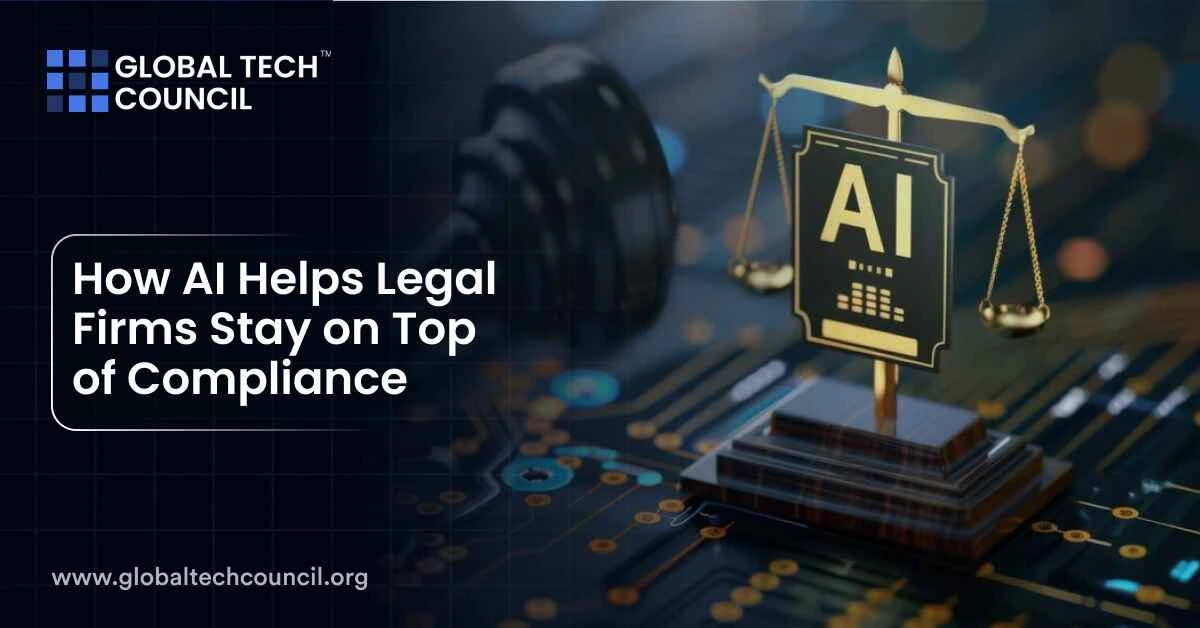
Artificial intelligence (AI) has brought significant changes to many industries, and the legal field is no exception. Staying compliant with regulations is one of the most challenging tasks for law firms, but AI tools have made the process faster, simpler, and more reliable. By automating tasks and providing detailed insights, these tools help legal teams manage their responsibilities more effectively.
Simplifying Document Reviews
Reviewing legal paperwork for compliance can be time-consuming and error-prone. AI platforms like LegalRobot and LawGeex streamline this task by quickly analyzing large amounts of legal text. These systems spot mistakes, unusual clauses, or terms that might not meet legal standards. For instance, LawGeex uses its smart algorithms to compare contracts to a set of rules, which saves both time and energy.
This way, law firms avoid potential problems while ensuring accuracy. These tools also cut down the need for manual reviews, allowing teams to focus on more demanding legal tasks.
Assessing Risks as They Happen
AI platforms are great at identifying risks before they turn into real issues. For example, tools like Bigle Legal can monitor the entire lifecycle of a contract. They track updates, flag inconsistencies, and notify users when something needs attention. This constant vigilance ensures firms stay compliant at all times.
Such tools not only prevent problems but also make it easier for legal professionals to address concerns without delays. This real-time tracking has become essential for managing compliance in fast-changing regulatory environments.
Automating Routine Tasks
Filing reports or monitoring changes in legal guidelines can take up a lot of time. AI-driven platforms such as CSDiscohandle these repetitive duties with ease. They organize and analyze large sets of data, making compliance checks faster and simpler.
By automating these processes, firms reduce the workload on their staff, cut down on errors, and save valuable time. It allows lawyers to focus on more strategic and complex legal challenges instead.To know more about AI and its impact on legal firms, consider getting expert-led AI certifications by the Global Tech Council.
Making Communication Clearer
Legal compliance isn’t just about paperwork; it’s also about communicating effectively with clients and within the team. AI chatbots, like those offered by platforms such as CoCounsel, provide quick answers to compliance-related queries.
For example, if a client has a question about a particular policy, these chatbots can provide instant and accurate responses. This kind of interaction not only builds trust but also ensures everyone is on the same page.
Using Predictions for Better Decisions
Predictive analytics tools, such as Harvey AI and BlueJ, study historical data to forecast outcomes. These tools help firms understand potential risks or compliance problems well in advance. By addressing issues early, legal teams can fine-tune their strategies.
For example, a firm might use predictive tools to figure out the chances of a case being resolved successfully. This insight helps them plan their approach while staying aligned with regulations.
Popular Tools for Compliance
Several AI tools stand out in helping firms manage compliance:
- Westlaw Edge: A resource for researching laws and verifying citations, making sure everything aligns with the latest standards.
- Diligen: A platform that identifies risks in documents, pulling out key details for easier reviews.
- Lex Machina: A tool that provides data on court decisions, helping firms understand patterns in compliance and litigation.
These platforms show how AI can handle different aspects of legal compliance efficiently.
The Benefits Are Clear
AI tools bring a lot of advantages to compliance work in legal firms:
- Fewer Mistakes: Machines don’t get tired or distracted. They review documents with consistent accuracy, lowering the risk of errors.
- Saves Time and Money: Automating compliance tasks cuts down the time spent on manual reviews. This efficiency leads to significant cost savings.
- Keeps Information Safe: Many AI systems have strong encryption to keep sensitive data protected. This is especially important for firms that handle private client information.
Potential Hurdles
Although AI makes compliance easier, it’s not without challenges. Errors in AI algorithms could lead to inaccurate results. Law firms must check AI findings carefully before relying on them.
Ethical questions also arise, such as ensuring the AI’s decision-making process is transparent and free from bias. Another concern is keeping client data safe while using AI tools.
Firms must invest in training their teams to work alongside these technologies. This ensures that the tools are used correctly and effectively.
Looking Ahead
The role of AI in legal compliance is expected to grow further. Future tools may include advanced features, such as automated legal predictions or tools that can integrate compliance management seamlessly into broader workflows.
These innovations will allow legal teams to adapt quickly to changes while staying compliant. By embracing AI today, firms can prepare for an increasingly competitive and regulated environment tomorrow.
Final Thoughts
AI-powered solutions have simplified compliance for law firms. From analyzing documents to predicting risks, these tools help professionals focus on strategic tasks while staying on the right side of the law.
Legal teams that adopt AI are not only saving time and resources but also improving the accuracy and security of their operations. By addressing challenges and integrating these technologies, firms can ensure they’re ready to handle the complex regulatory demands of the future.